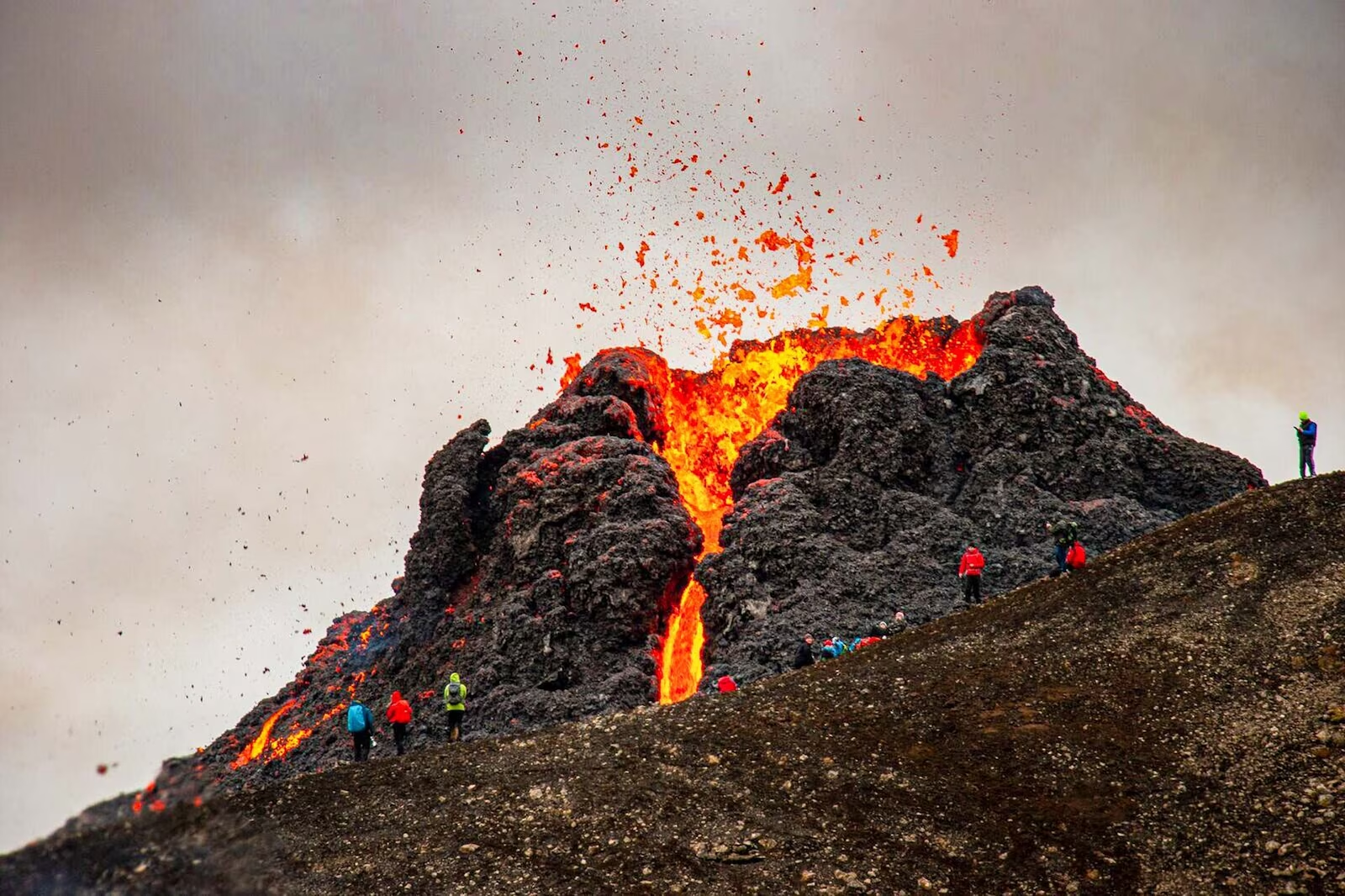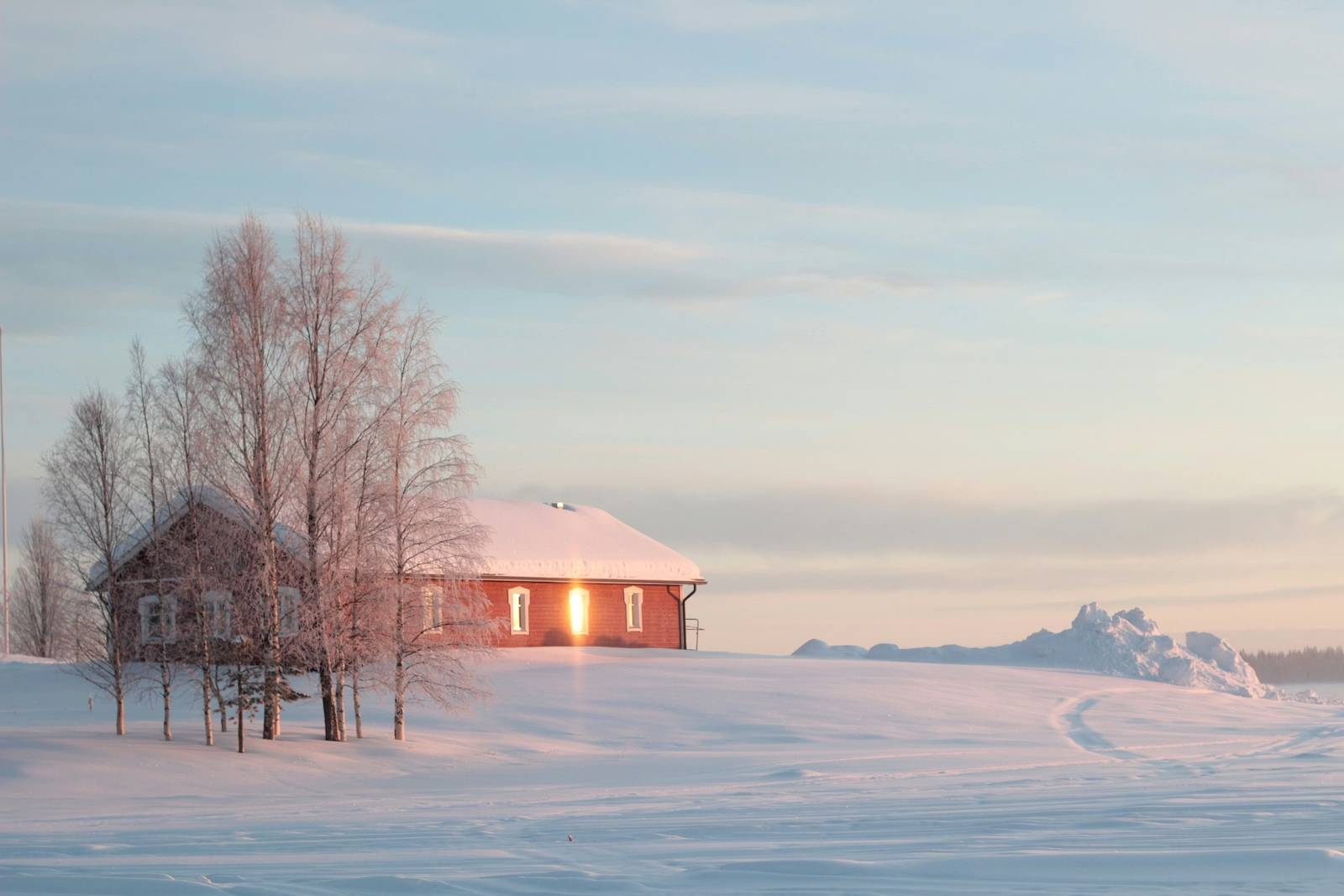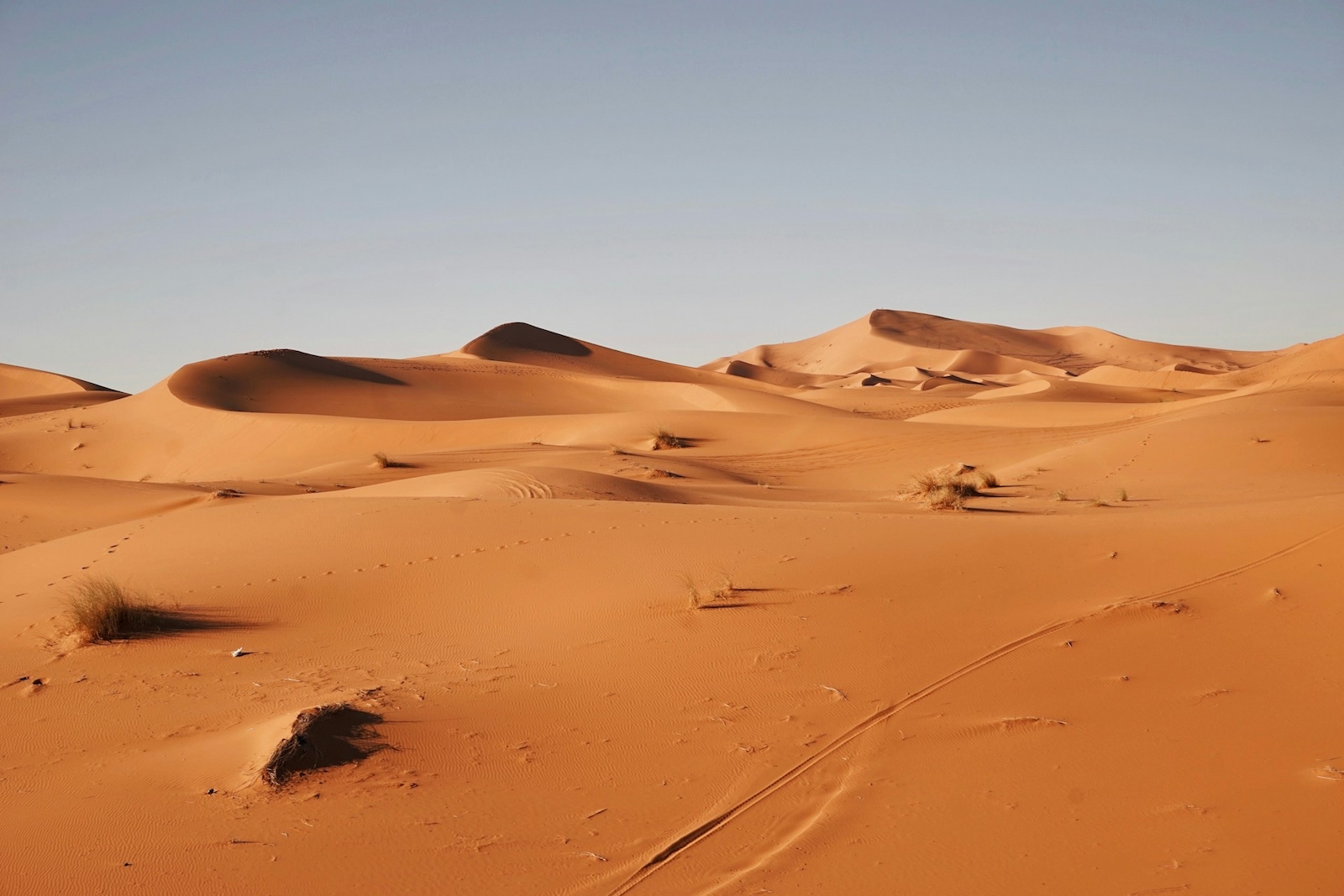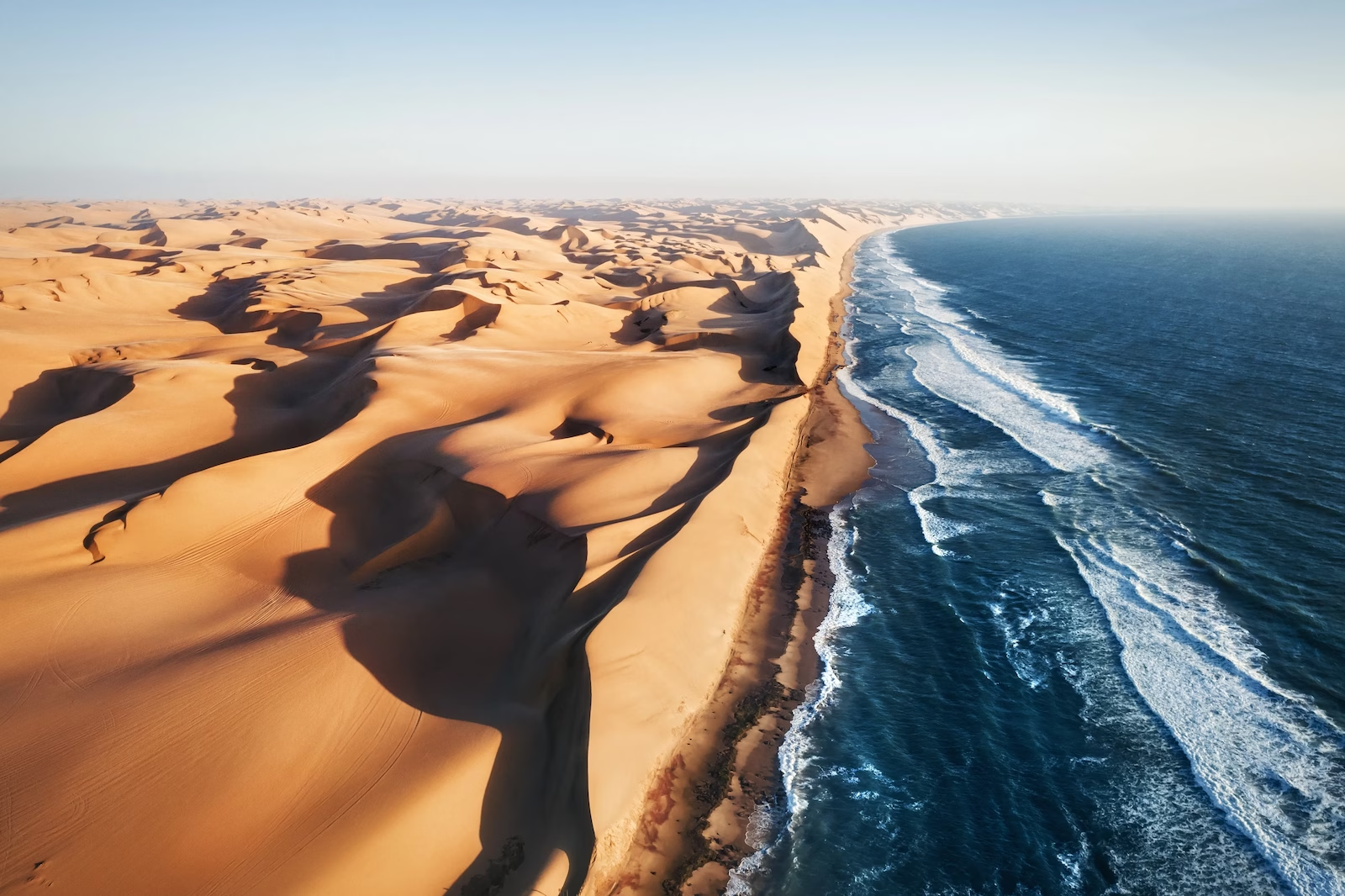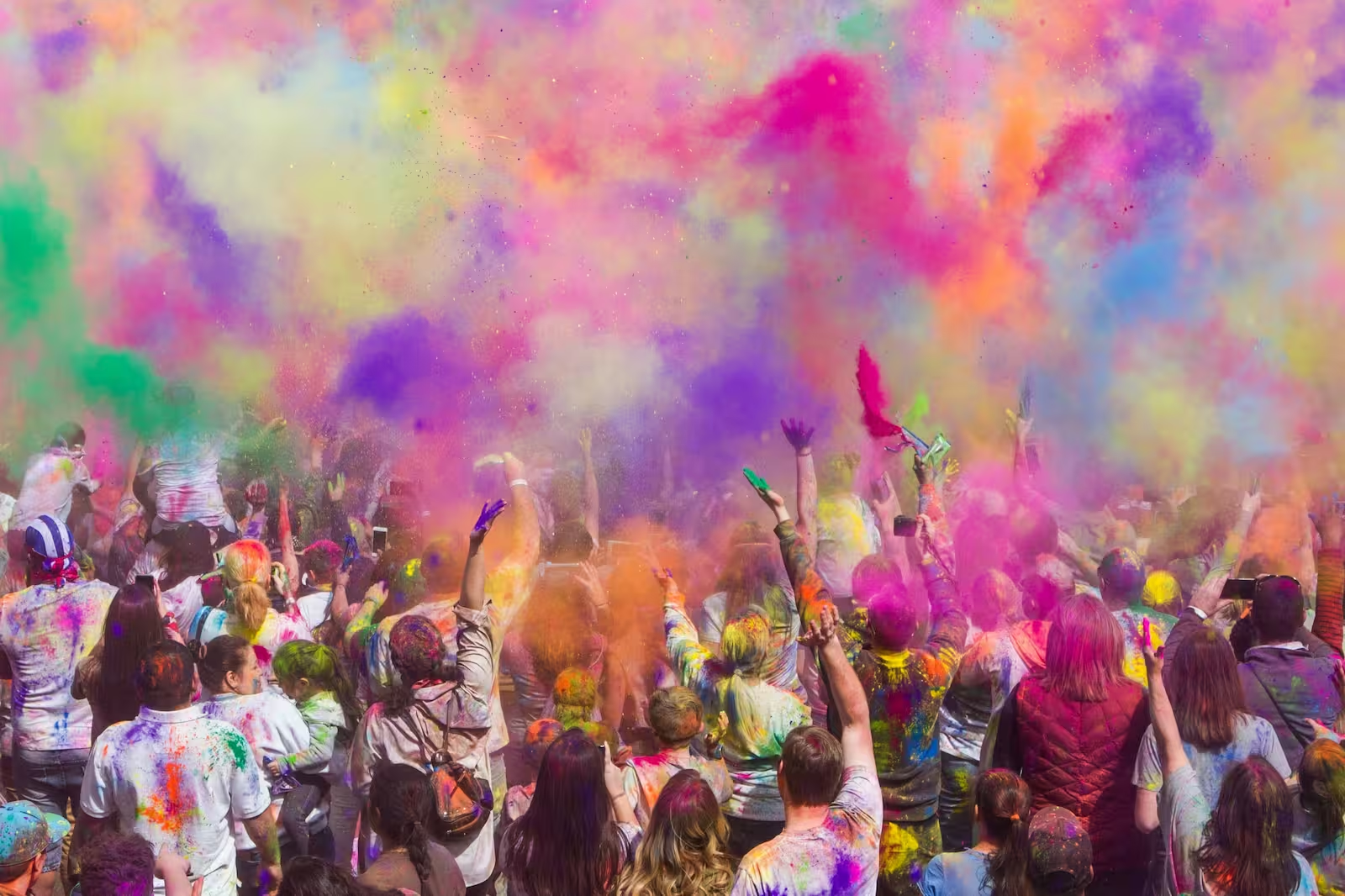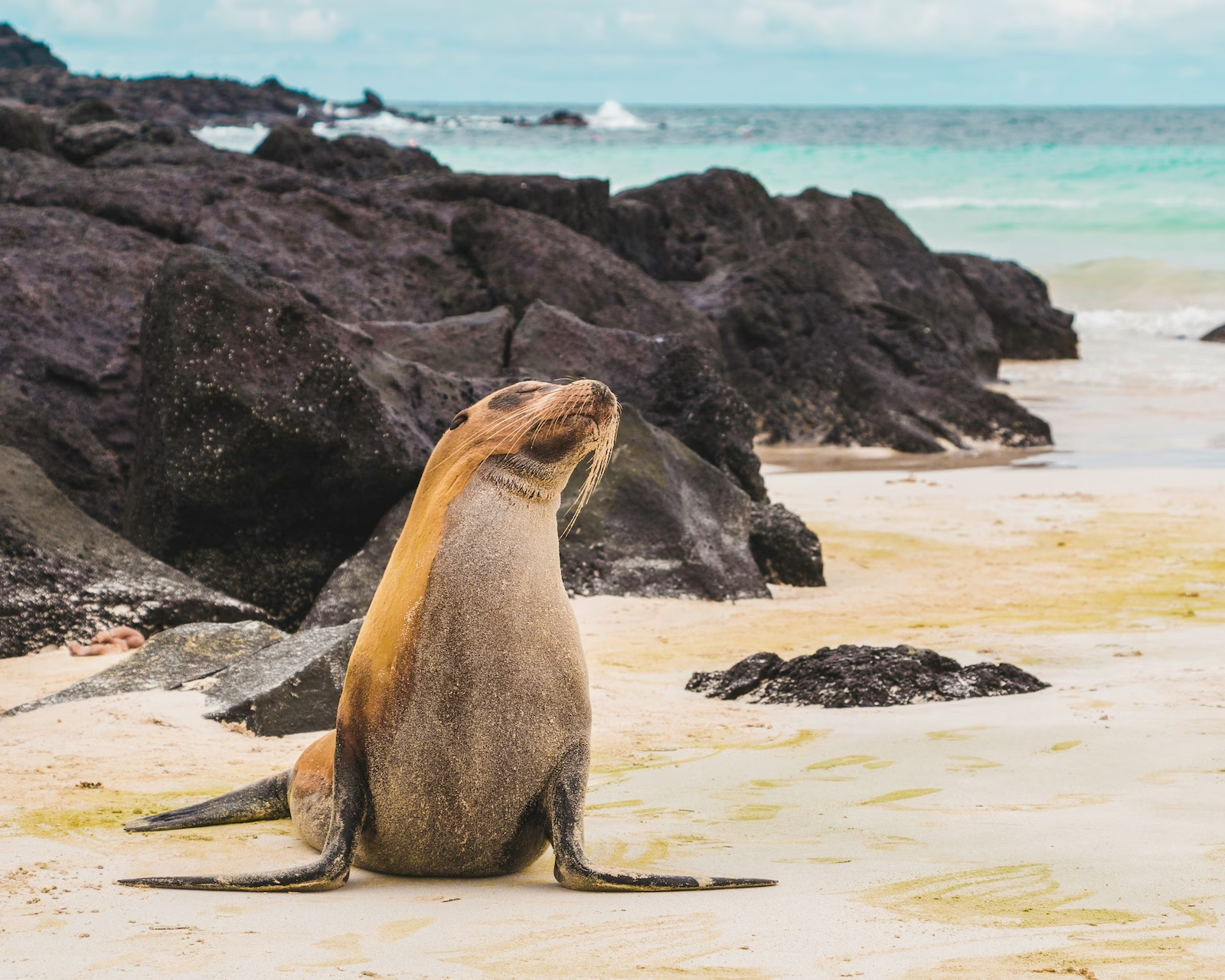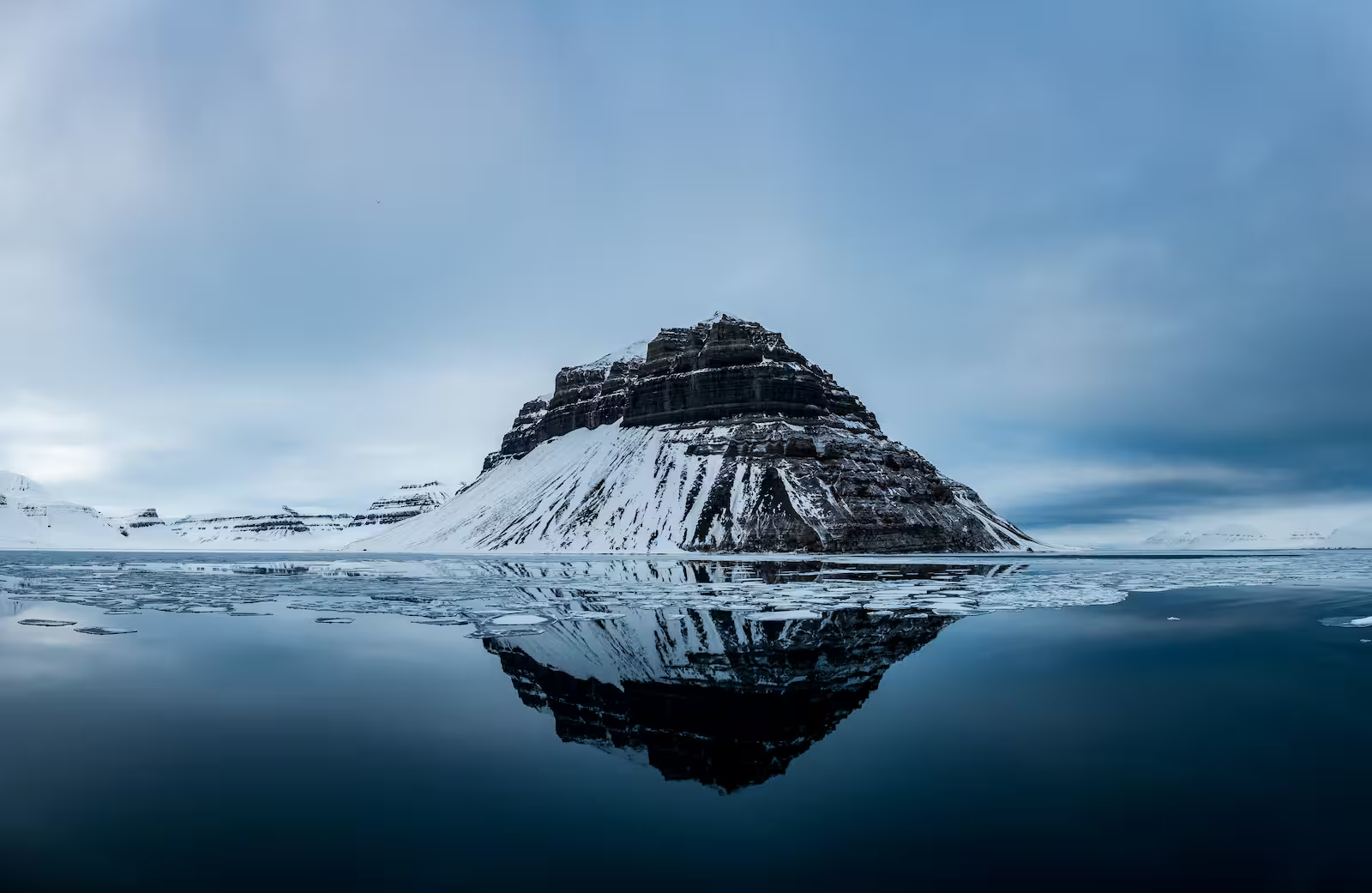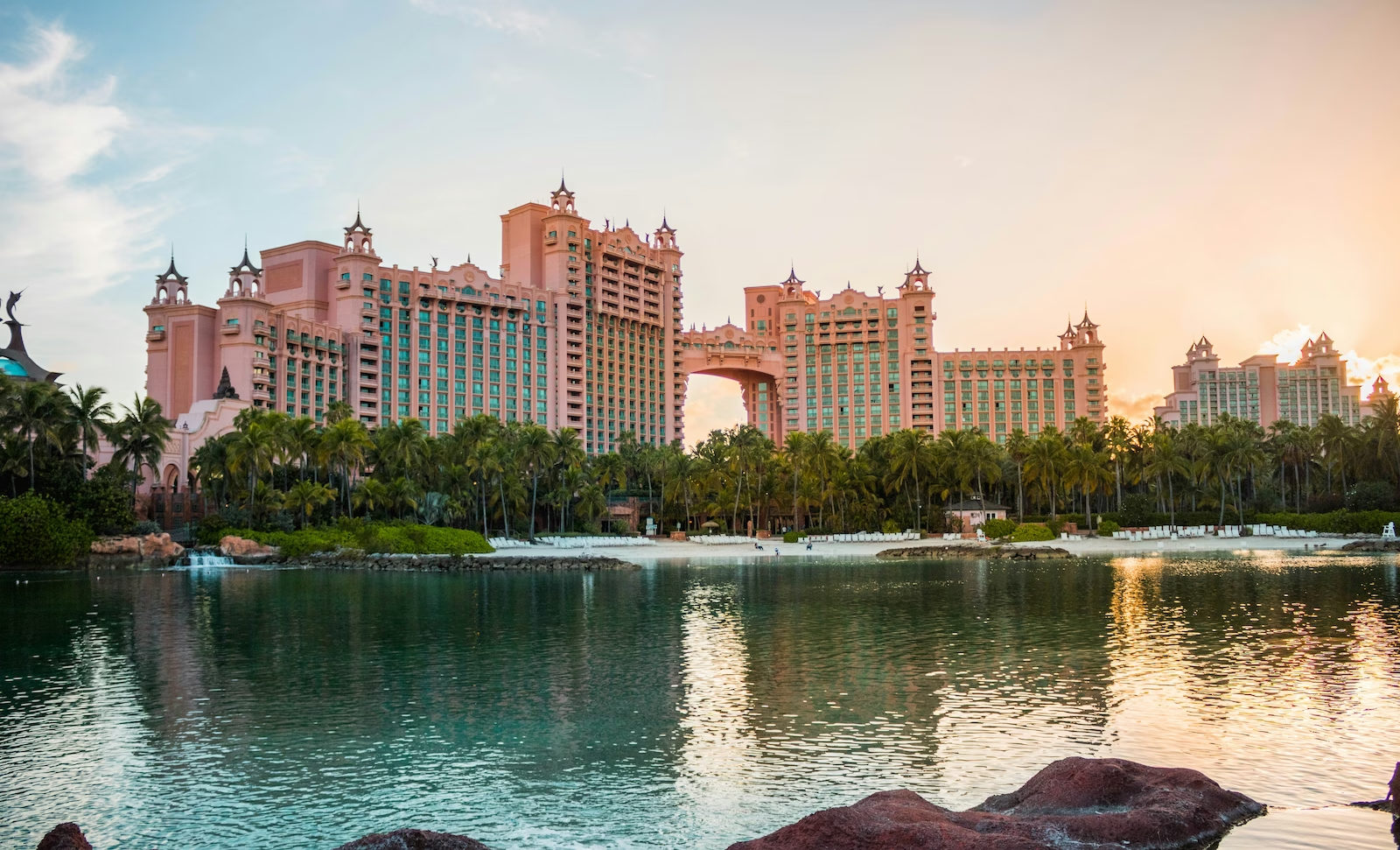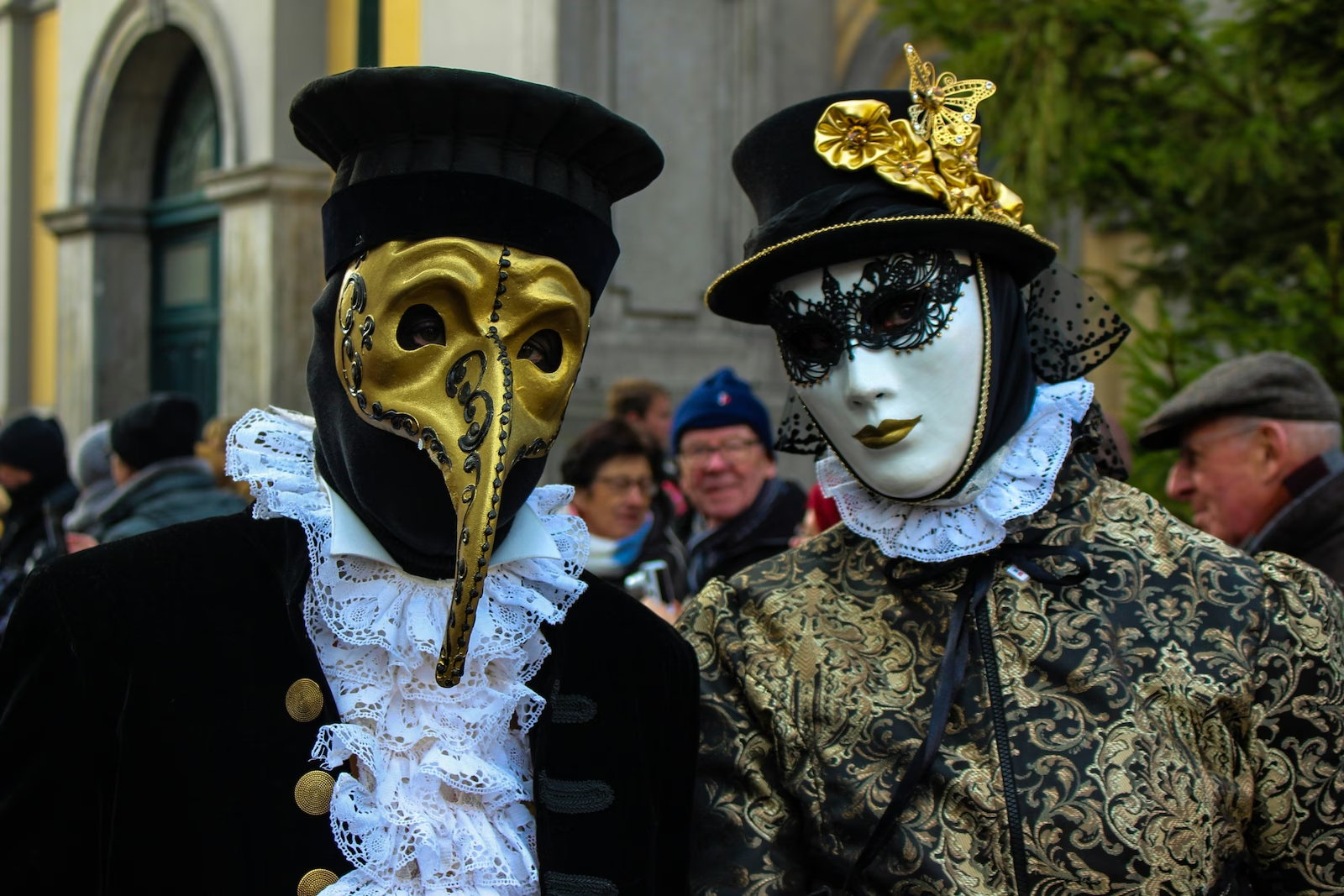Hiking a volcano is one of the most thrilling adventures a traveler can experience. In this guide, we’ll explore five of the best volcano hikes around the world - including the must-try Acatenango Volcano hike in Guatemala and the dramatic Pacaya Volcano hike.
5 Incredible Volcano Hikes.
Here are five of the world's most incredible volcano hikes that belong on every adventurer's bucket list
1. Acatenango Volcano, Guatemala
Why Hike It? Towering at 3,976 meters (13,045 feet), Acatenango is one of Central America’s most epic hikes. The real highlight? Watching nearby Volcán de Fuego erupt at night, lighting up the sky with lava and ash.
What to Expect:
- A challenging two-day trek through cloud forests and alpine terrain.
- A cold overnight stay at base camp with front-row views of Fuego’s eruptions.
- A pre-dawn summit push for sunrise over the Guatemalan highlands.
Pro Tip: Acclimatize in Antigua first to avoid altitude sickness, and pack warm layers as it gets freezing at night!
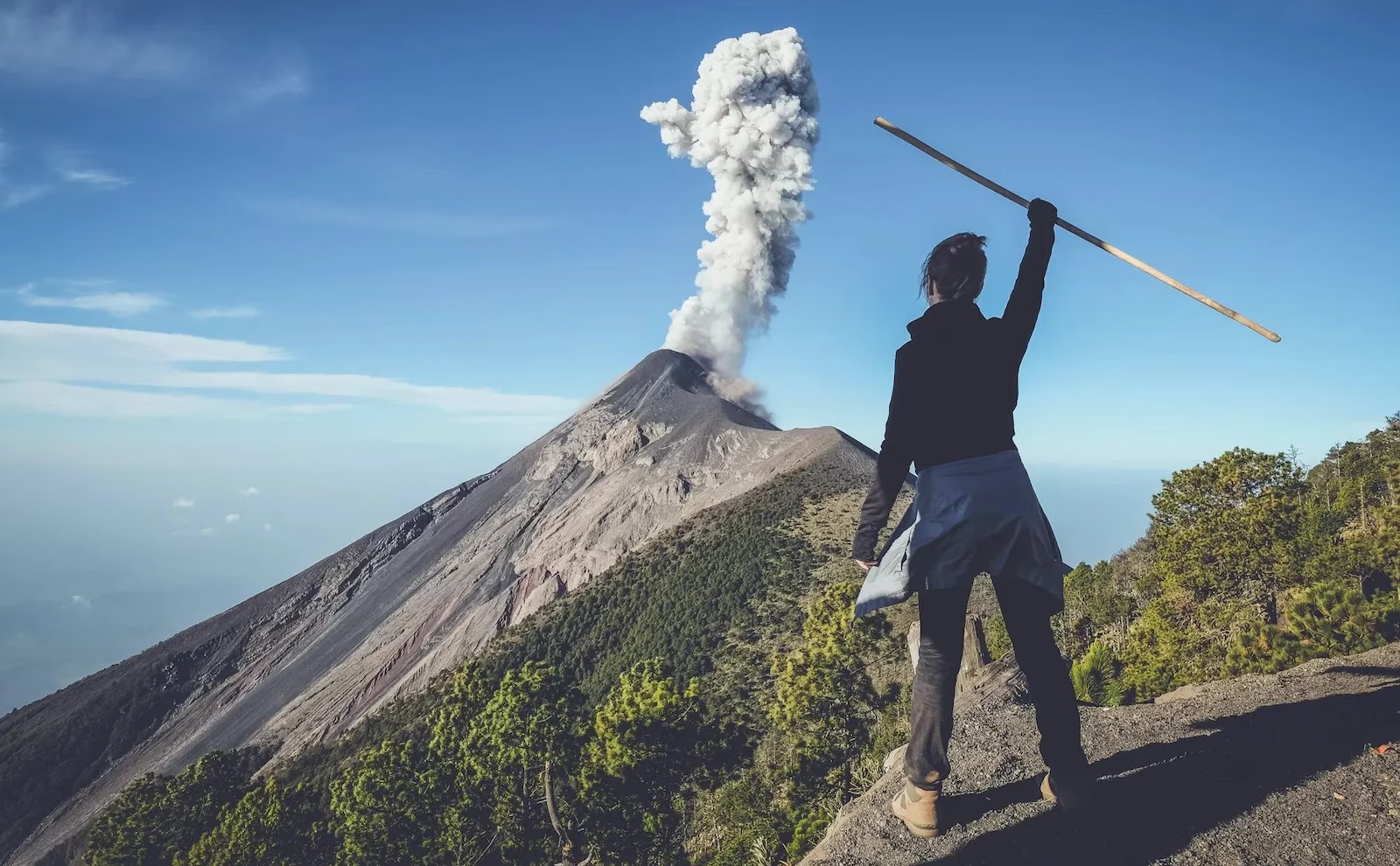
2. Pacaya Volcano, Guatemala
Why Hike It? If you want a shorter but still thrilling volcano hike, Pacaya is perfect. It’s active, with occasional lava flows, and the hike takes just a few hours.
What to Expect:
- A moderate 2-3 hour climb with surreal volcanic rock formations.
- The chance to roast marshmallows over volcanic heat vents.
- Stunning views of nearby peaks and steaming fumaroles.
Best For: Those short on time or new to volcano hiking. If you're looking for more hikes to do in South America check out our article on Hiking the W Trek in Patagonia.
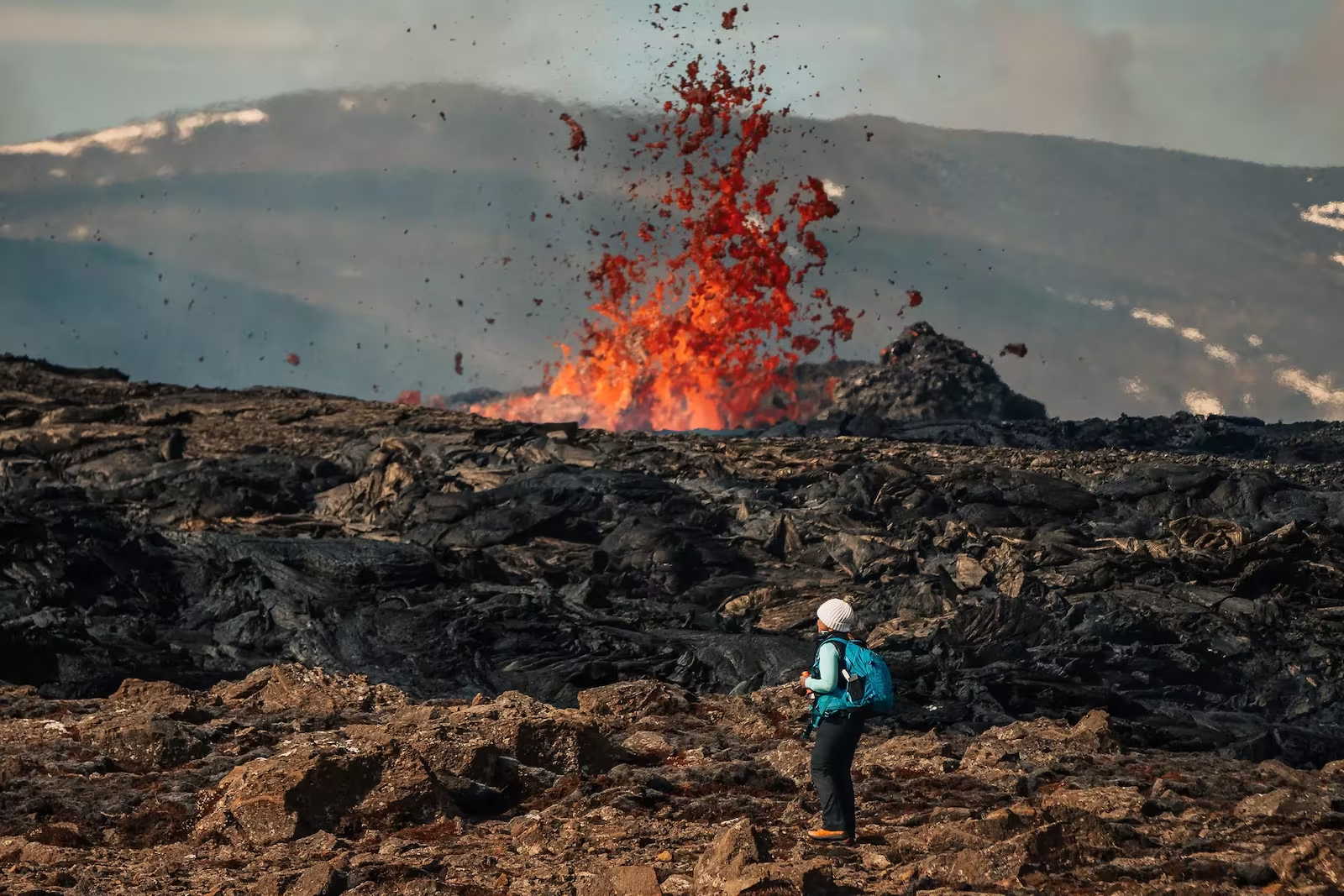
3. Arenal Volcano, Costa Rica
Why Hike It? This hike combines adventure with lush rainforests and hot springs. Arenal, though no longer erupting, remains an iconic trek.
What to Expect:
- Trails winding through biodiverse rainforests with wildlife sightings.
- Soaking in natural hot springs after your hike.
- Views of the perfectly conical volcano (weather permitting).
Bonus: Pair your hike with a visit to La Fortuna Waterfall!
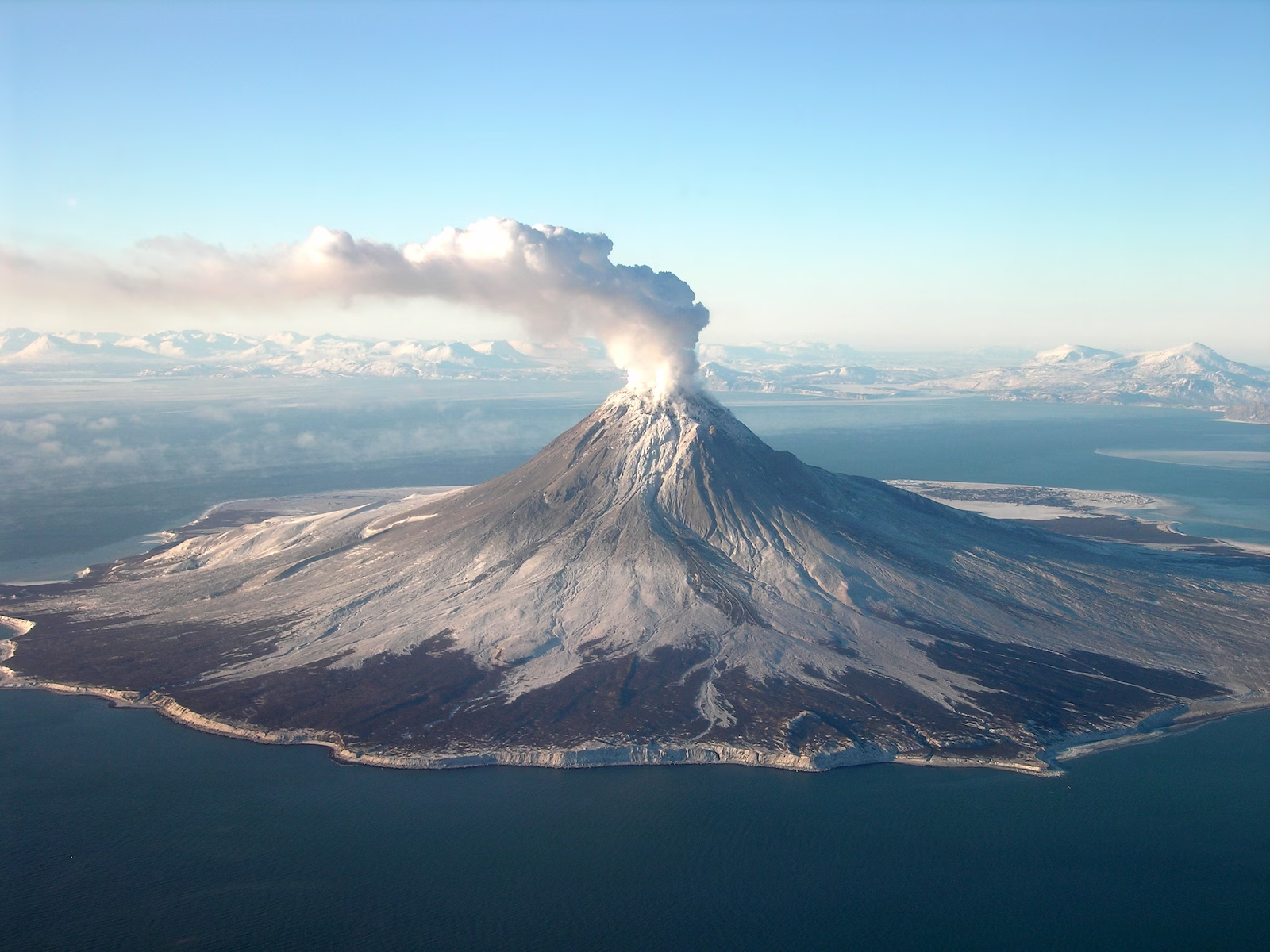
4. Fagradalsfjall Volcano, Iceland
Why Hike It? An Iceland volcano hike offers otherworldly lava fields and the chance to see fresh eruptions (if you’re lucky).
What to Expect:
- A rugged, Mars-like landscape with steaming fissures.
- Ever-changing trails depending on recent volcanic activity.
- A relatively moderate hike (3-4 hours round-trip).
When to Go: Check for recent eruptions—Iceland’s volcanoes can surprise!
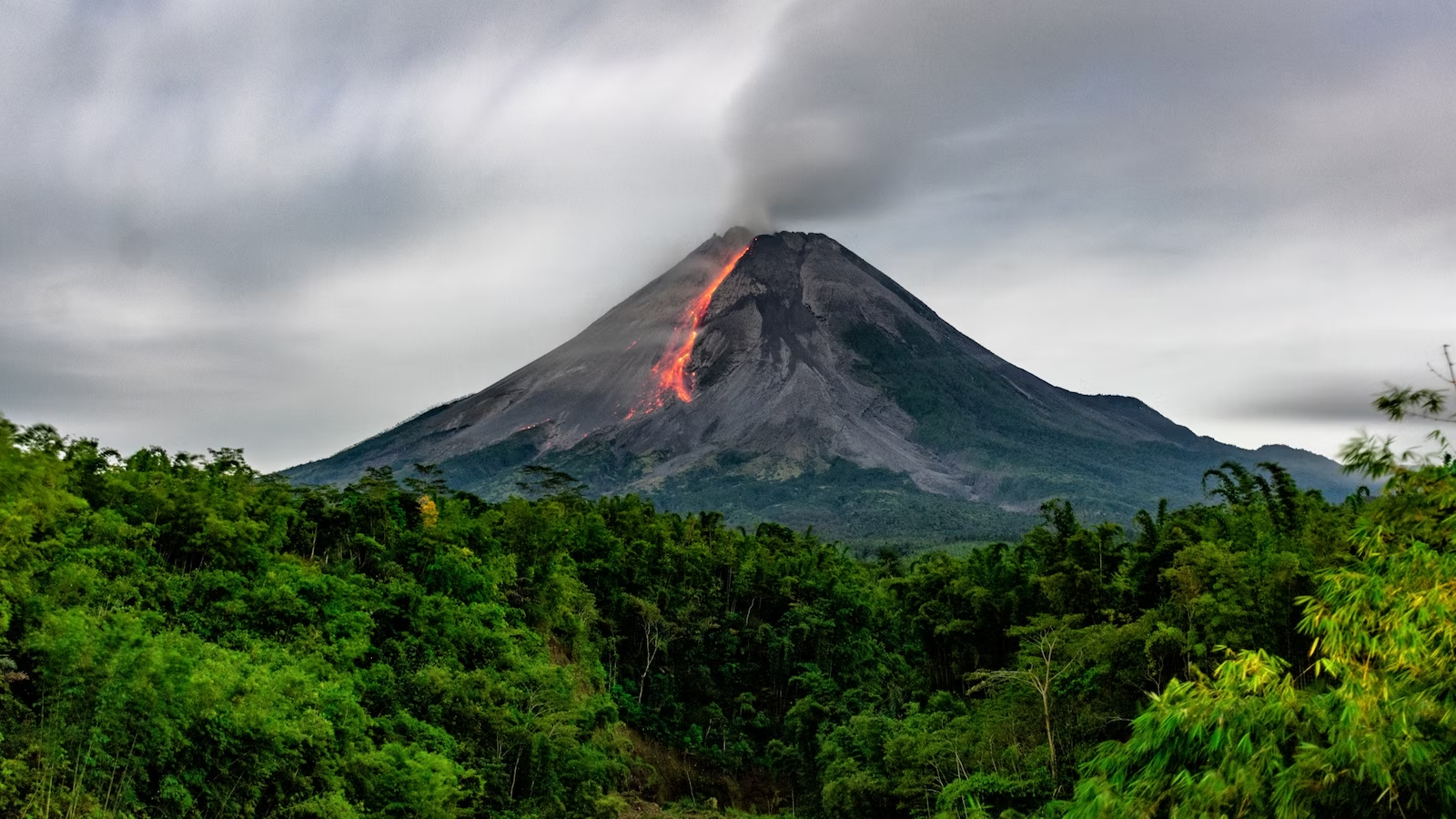
5. Kilauea, Hawaii
Why Hike It? Hiking a volcano in Hawaii means walking on some of Earth’s newest land. Kilauea, one of the world’s most active volcanoes, offers surreal lava fields and crater views.
What to Expect:
- Trails through hardened lava flows in Hawai’i Volcanoes National Park.
- Steam vents and possibly glowing lava (if active during your visit).
- A mix of easy walks and more challenging backcountry routes.
Best Time: Early morning to avoid crowds and heat.
_(cropped).avif)
Essential Tips for Hiking a Volcano: What You Need to Know
Hiking a volcano is an extraordinary experience, but it comes with unique challenges. Whether you're trekking up Acatenango in Guatemala, exploring Costa Rica's Arenal, or witnessing Iceland's volcanic landscapes, proper preparation is key. Here’s everything you need to know before you go:
1. Physical Preparation Matters
Volcano hikes range from moderate (like Pacaya in Guatemala) to extremely strenuous (like Acatenango). To avoid burning out on the trail:
- Train in advance – Build endurance with regular cardio (hiking, running, stair climbing).
- Test your gear – Break in your hiking boots beforehand to avoid blisters.
- Know your limits – Some hikes (like those at high altitude) aren’t for beginners.
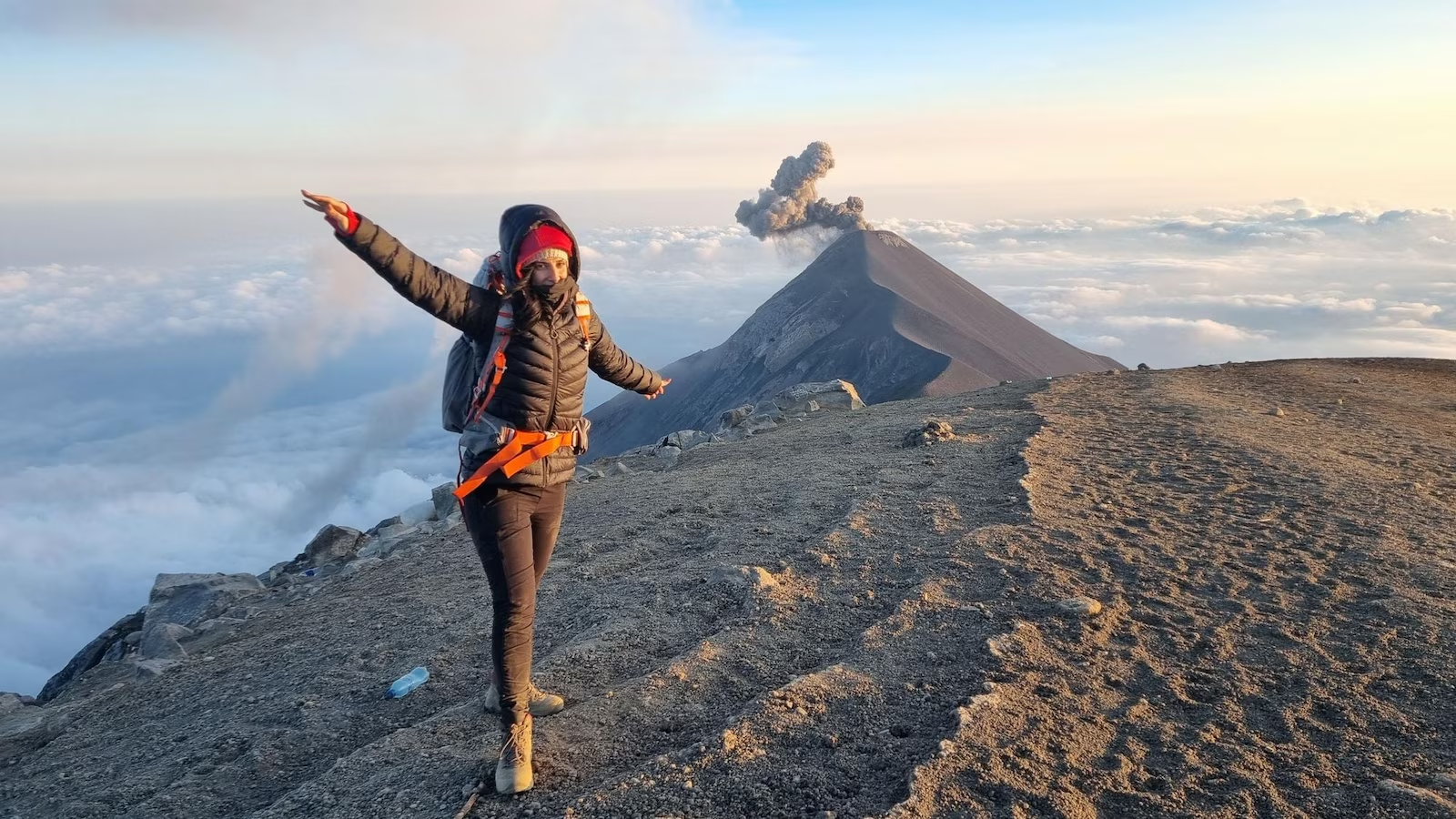
2. Altitude Sickness is Real
High-altitude volcanoes can make anyone sick, even strong hikers. To stay safe: First, spend a few days getting used to the height (like staying in Antigua before climbing Acatenango). Drink lots of water and go slow - pushing too hard can give you headaches. If you feel dizzy or sick, go back down right away.
Pro tip: Climb high, sleep low – summit in daylight, return lower to camp
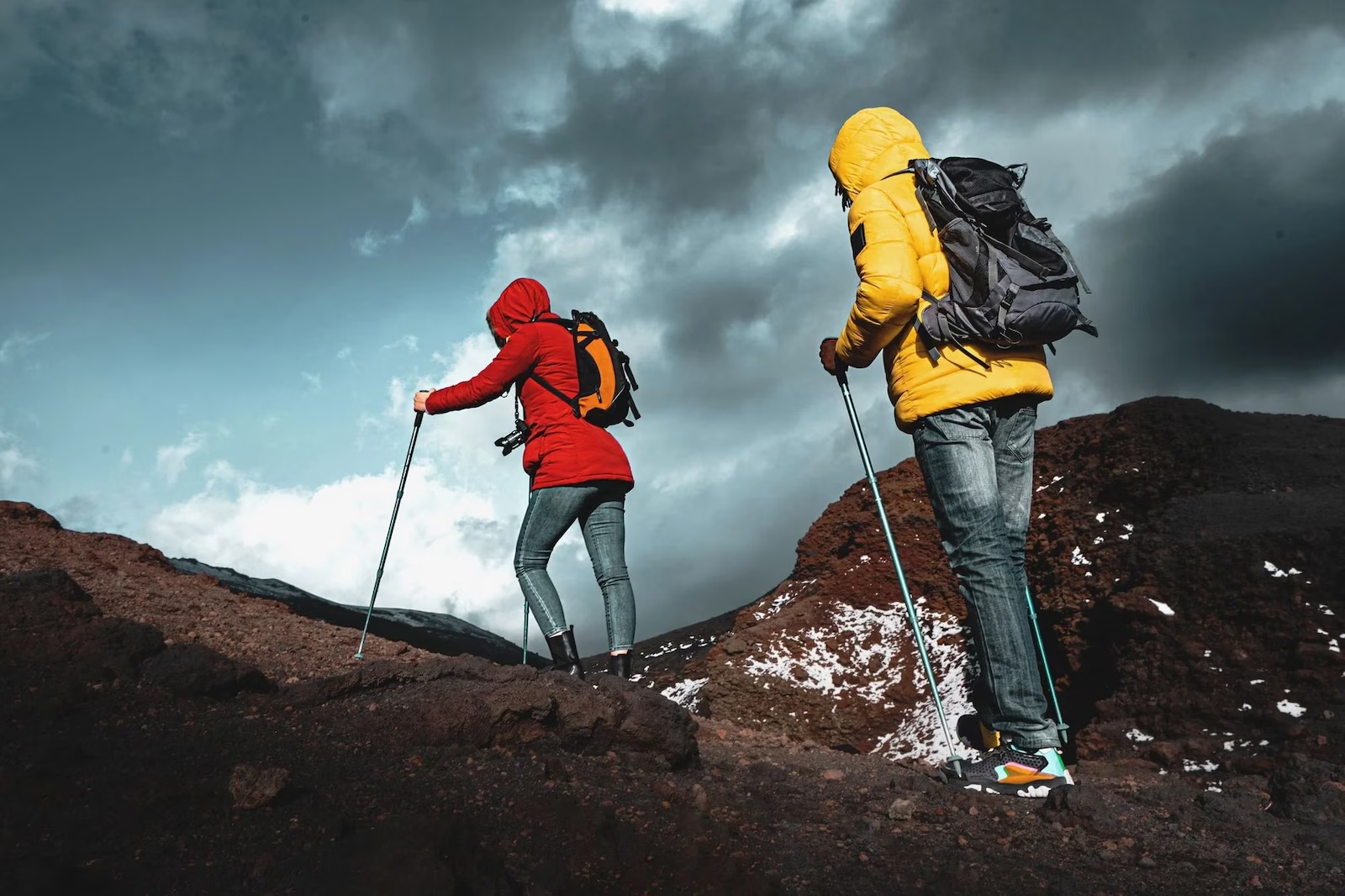
3. Weather Can Be Extreme
Volcanic terrain is unpredictable—sunny one minute, freezing and windy the next. Pack for all conditions:
- Layers are crucial – A moisture-wicking base, insulating mid-layer, and waterproof shell.
- Gloves & hat – Even tropical volcanoes (like Hawaii’s Kilauea) can get chilly at the top.
- Check forecasts – Storms or fog can make trails dangerous.
.avif)
4. Gear Can Make or Break Your Hike
Forgetting key items can turn an epic hike into a miserable slog. Essentials include:
✔ Sturdy hiking boots – Lava rock is sharp, and trails can be slippery.
✔ Headlamp – Many summit pushes start before dawn.
✔ Trekking poles – Helpful for steep descents and loose terrain.
✔ High-energy snacks – Nuts, jerky, and electrolyte chews keep you fueled.
✔ First-aid kit – Blister pads, pain relievers, and bandages are a must.
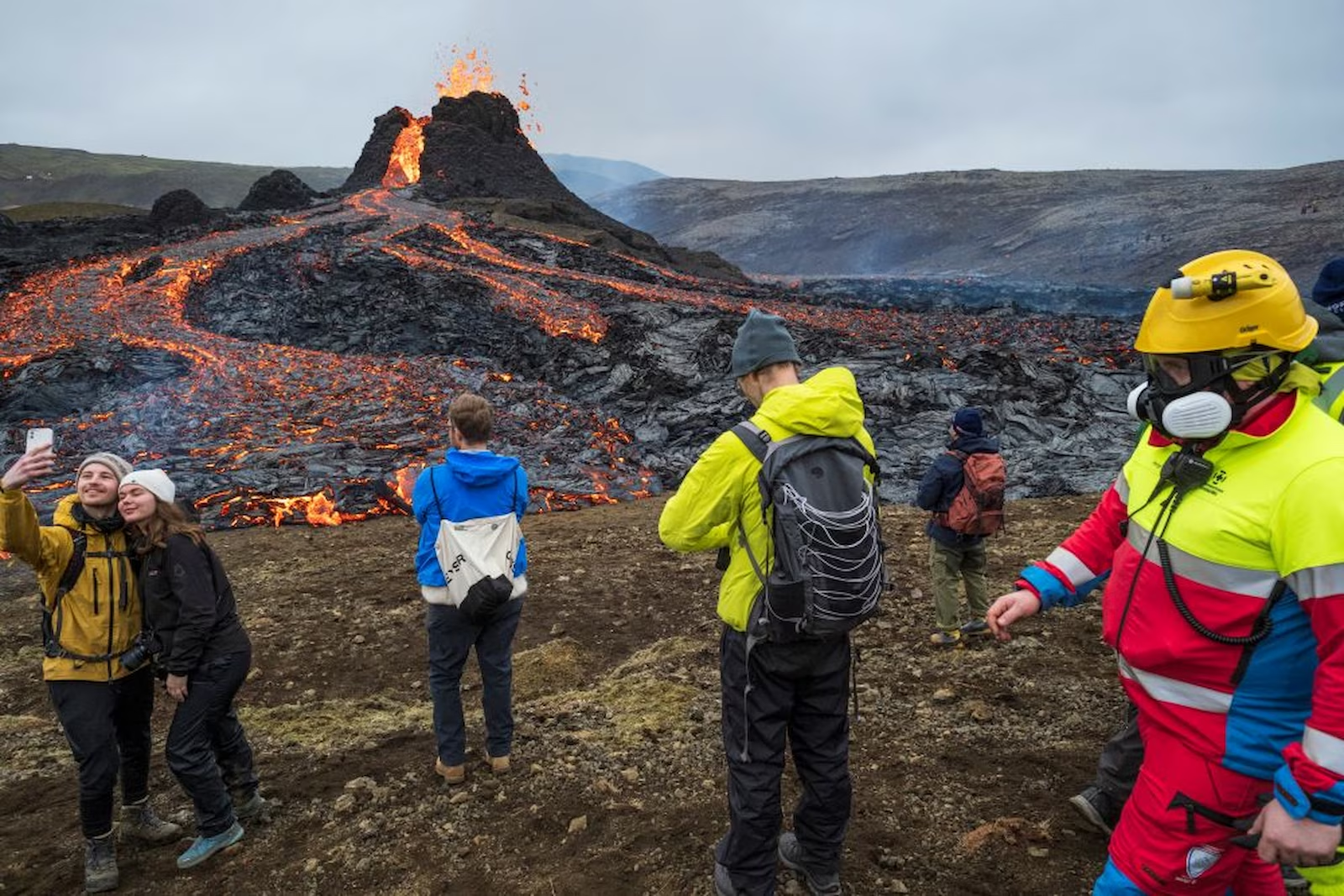
5. Guided vs. Solo Hiking
While some volcanoes (like Pacaya) are easy to tackle alone, others benefit from a guide:
✅ Guides are wise for:
- High-altitude or technical hikes (e.g., Acatenango).
- Active volcanoes where conditions change (e.g., Hawaii’s lava flows).
- Non-English-speaking areas where signage is limited.
✅ Solo is fine for:
- Well-marked, popular trails (e.g., Costa Rica’s Arenal).
- If you’re experienced and prepared with maps/GPS.
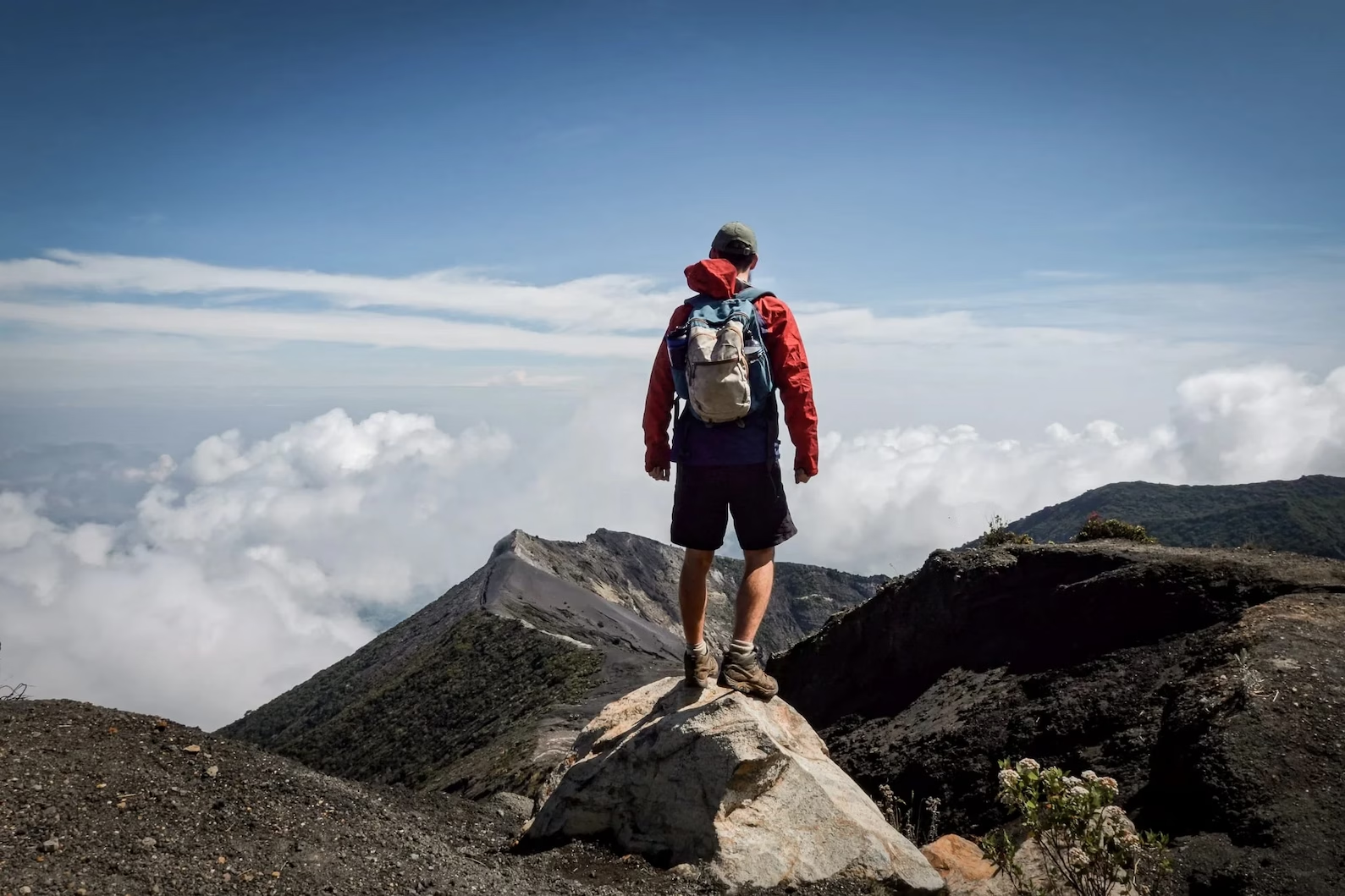
Volcano hikes are unforgettable adventures. Whether you want to see lava flows in Guatemala, rainforests in Costa Rica, or icy craters in Iceland, there's an amazing volcano hike for you. Choose your favorite, get ready, and start your adventure!
Starting from Skratch? Here are some links to help you get started:
- 10 Best Volcano Hikes Around The World| Much Better Advertures
- Hiking the Acatenango Volcano Tips & Essentials | Maximo Nivel
- Tips for Hiking Iceland’s Incredible Active Volcano | One Way Ticket

